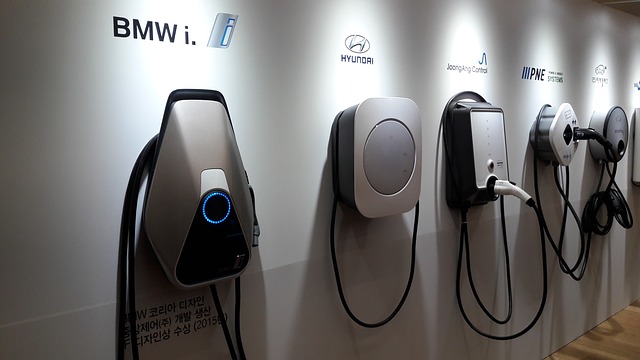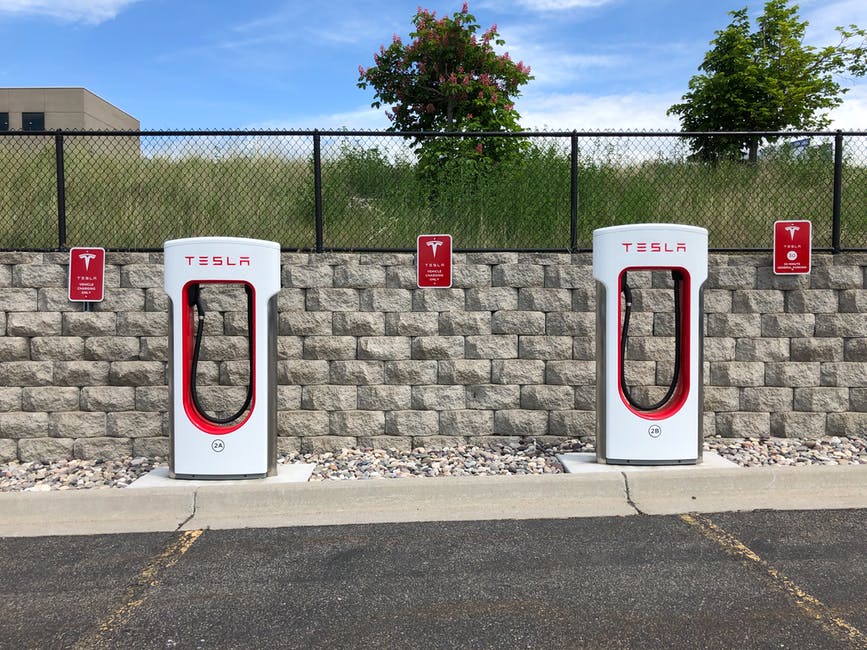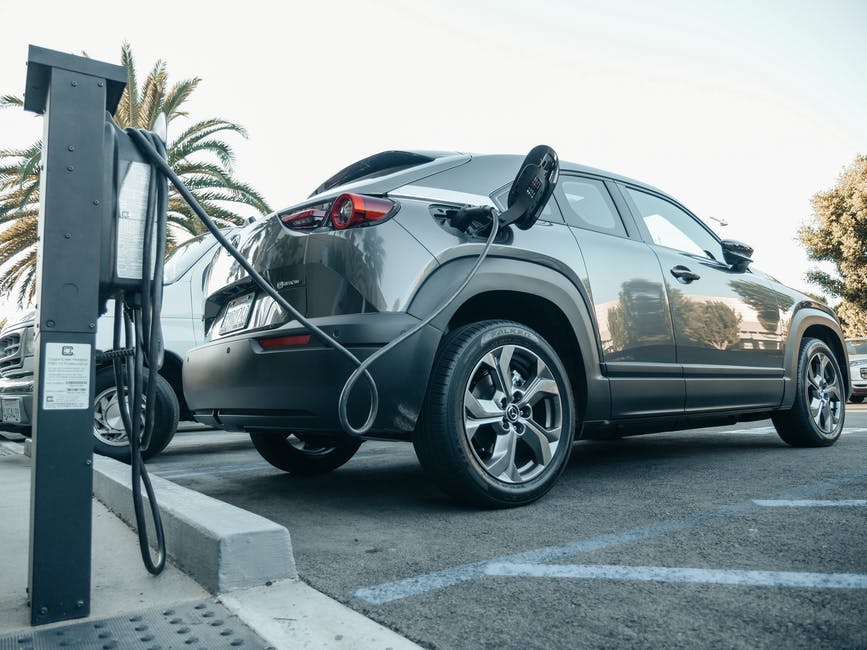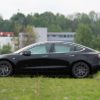
Basic Introduction:

Electric cars are coming in style and people are switching to electric cars before they even hit the market with the Tesla models already in record numbers. Tesla Model S is a fully electric vehicle (EV) and it does not burn gasoline like traditional vehicles, instead, it uses electricity stored from batteries which can be charged anytime at home or even on the go with an electric car charger. There are several different types of car chargers that work as means to charge your car quickly and as conveniently as possible. Some can be as simple as plugging into your cigarette lighter to give you a little boost when you need it, while others can give you a full charge in minutes. It is important to know there different types of charging systems available so that you can pick the best electric car charger that fits your needs.
Types of Electric Chargers:

It is important to check out a few things before you buy an electric car charger. First, there are three main types of chargers available: 1-phase, 3-phase, and direct from power source chargers. These charging systems vary in voltage and amperage depending on what type of battery they are designed to charge up fully. And knowing how much power your vehicle needs will help you find a charger that will work with it. Second, there are also two different methods of connecting the charger which include hardwired and plug-in connections. Your unique requirements will determine which way is best for you but most people simply prefer a plug that gives them the ability to easily unplug and take the charger with them so they can charge their vehicle anywhere, everywhere. Third, you should consider how fast your battery needs to be charged and this will help determine what amp-hours (AH) the unit has and you could check out the best portable car battery charger review.
1-phase electric car charger:
A majority of household outlets are designed to supply only up to 12 amps which means that in most conditions, it takes about 8 hours for a full charge. If you want faster-charging speeds you must use special 3-phase outlets made specifically for high power equipment like an electric car charger. The first type of 1-phase electric car chargers is called “trickle” chargers because they work slowly but offer safety and low maintenance. They simply supply a small amount of power at all times and the battery charges slowly. The second type is known as an “absorption” electric car charger which can fully charge your vehicle in about 12 hours but these chargers actually provide an initial high amperage charge of up to 90% and then reduce that speed to finish off the charging cycle and fill your battery with 100% energy capacity.
3-phase electric car charger:
The third type of 1-phase electric car chargers is called 3-phase chargers because they work with industrial 3-phase electrical systems found in factories or commercial buildings such as repair garages. They are more expensive than other types due to their required installation and they can cost more than $1,000. The benefit of 3-phase chargers is that you can charge your vehicle much faster since the voltage goes up, which makes it possible for them to fully charge batteries within an hour or two.
Direct from power source charger:
The last type of electric car charger is connected directly to a DC power source such as solar panels or wind turbines. These charging systems are not designed for home use but rather industrial applications because they require complex equipment and wiring that would be incredibly expensive to install in a residential home. However, there are small portable versions available that people may consider buying if they camp frequently or work outdoors where their vehicle will remain parked for longer periods at a time.





